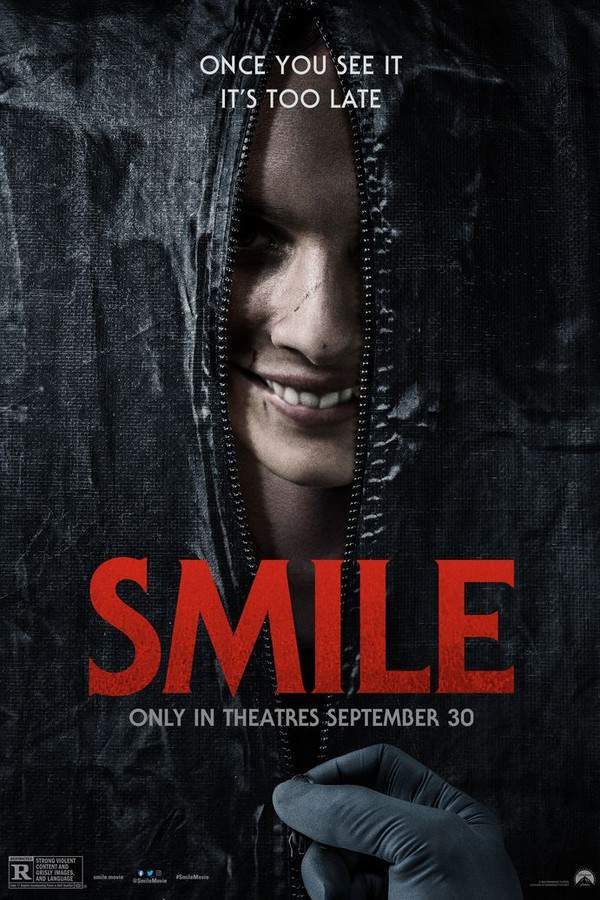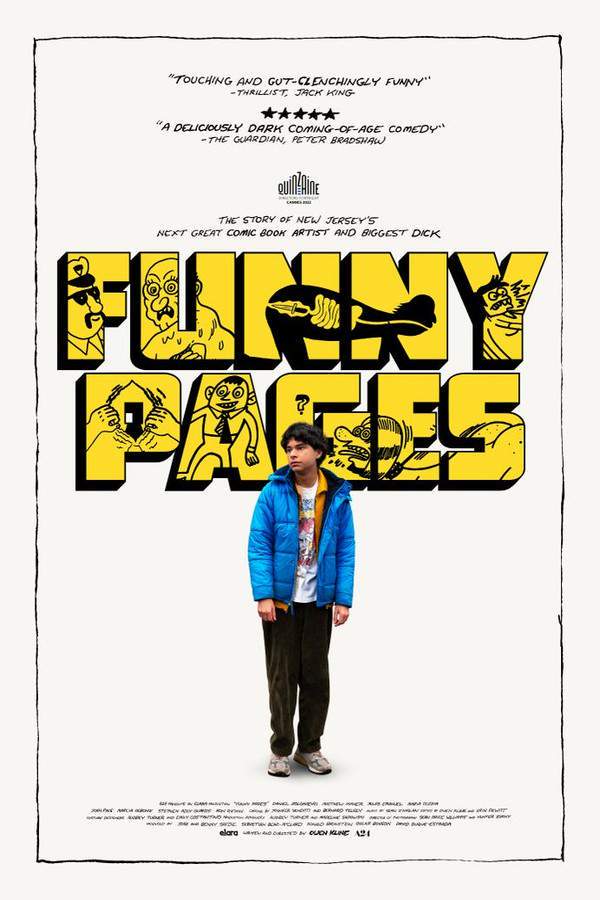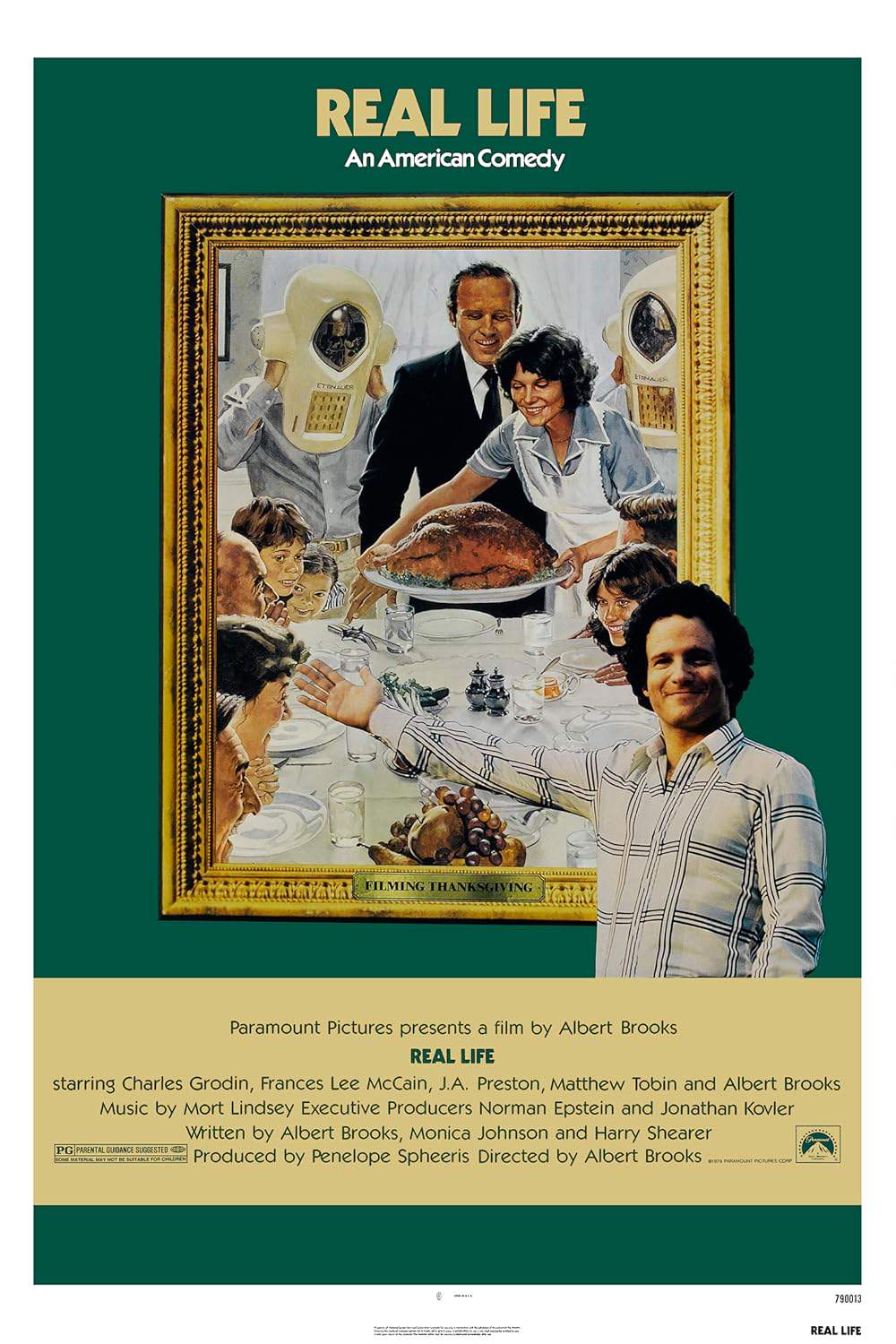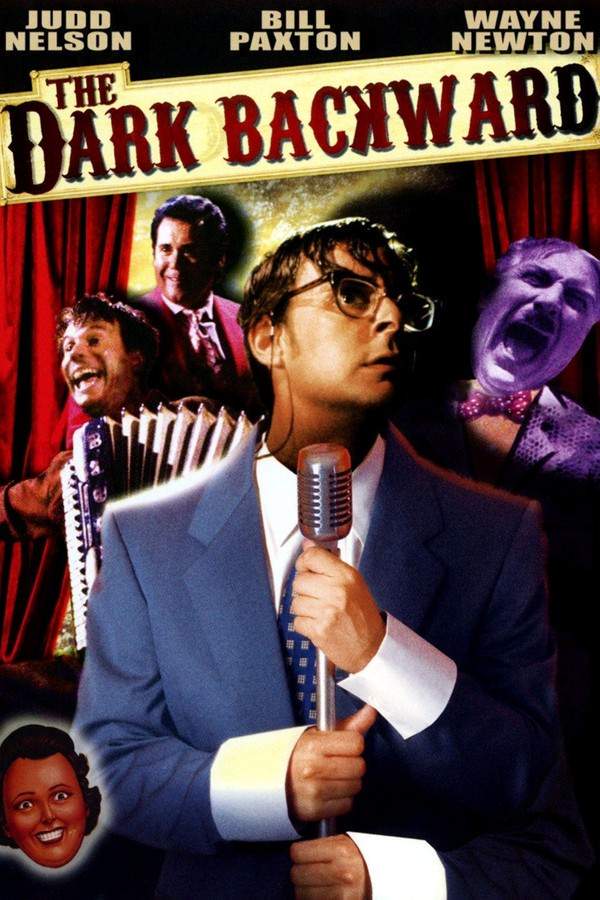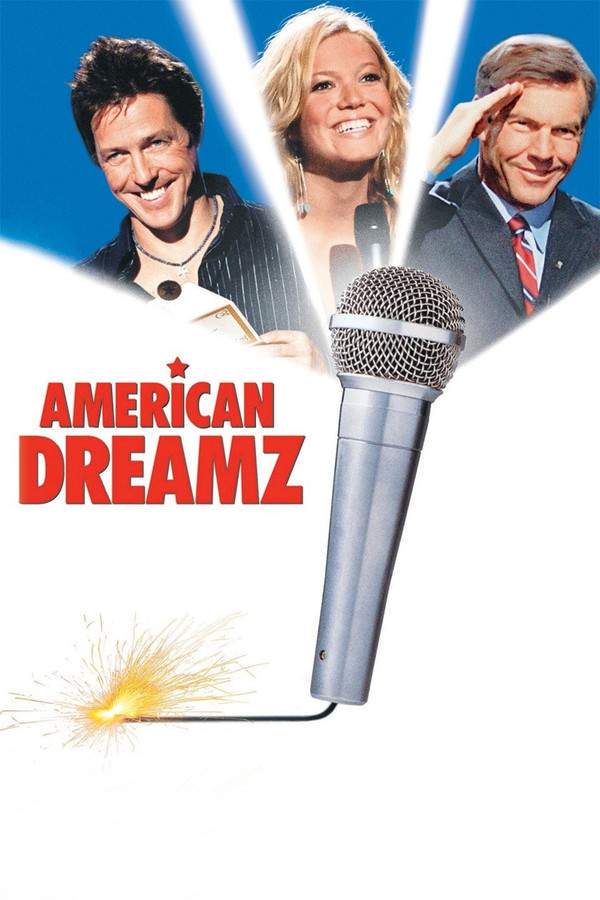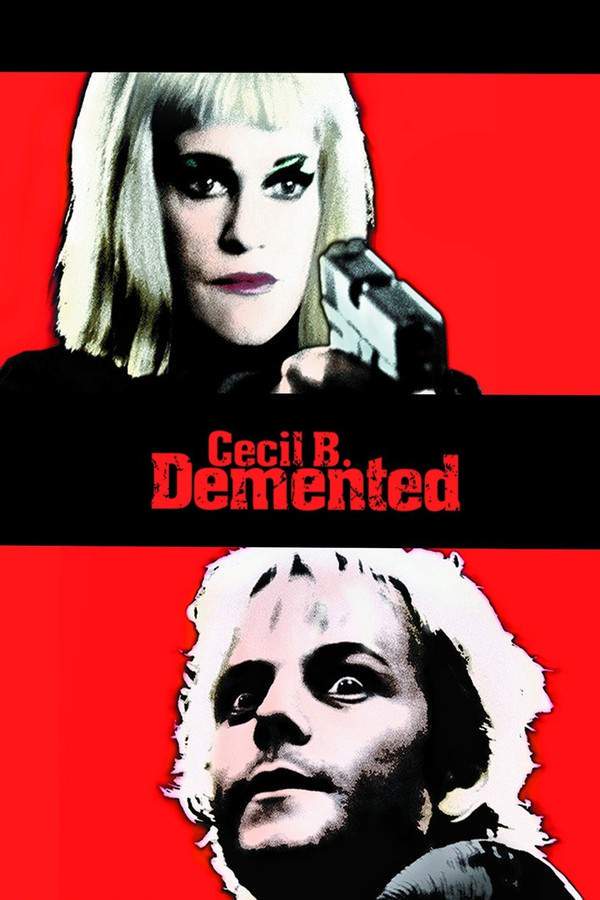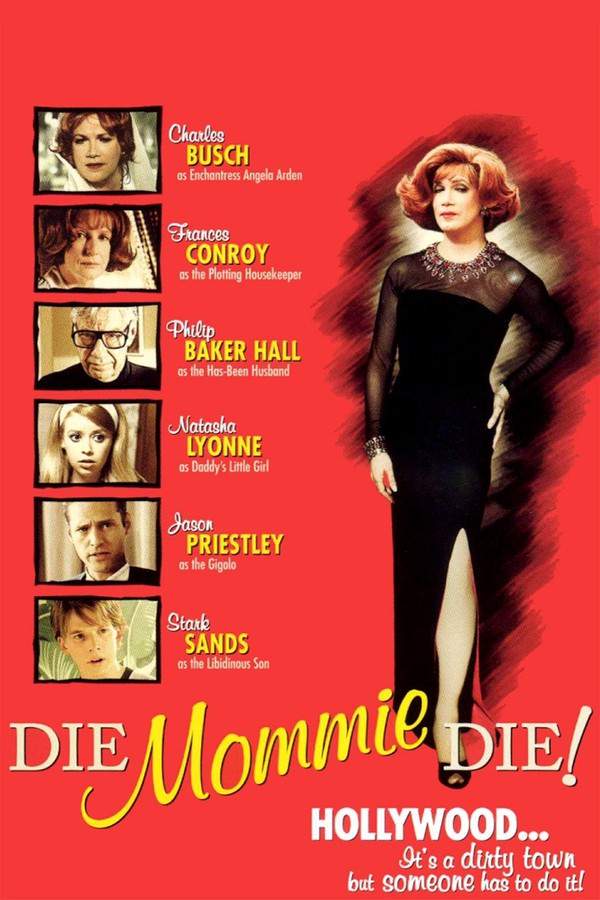
Clear History
Year: 2013
Runtime: 100 mins
Language: English
Director: Greg Mottola
Nathan Flomm, desperate to conceal a significant professional failure, adopts a new identity and relocates to Martha’s Vineyard. His carefully constructed life is thrown into turmoil when his former business partner unexpectedly moves to the same exclusive community. Seeking retribution for past grievances, Nathan schemes to undermine his partner, leading to a complex web of deception and unexpected consequences.
Warning: spoilers below!
Haven’t seen Clear History yet? This summary contains major spoilers. Bookmark the page, watch the movie, and come back for the full breakdown. If you're ready, scroll on and relive the story!
Clear History (2013) – Full Plot Summary & Ending Explained
Read the complete plot breakdown of Clear History (2013), including all key story events, major twists, and the ending explained in detail. Discover what really happened—and what it all means.
In 2003, bearded, long-haired Nathan Flomm [Larry David] is an opinionated, abrasive business associate of Will Haney, whose San Jose company is about to unveil a cutting-edge electric car. Flomm violently objects to naming the car “the Howard” after Haney’s son, who himself bears the name of Howard Roark, the stoic hero from The Fountainhead. After accepting a severance package to sever ties, Flomm watches the Howard become a sensational success, instantly stripping him of what would have been his billion-dollar stake and turning him into a punchline in the press.
Ten years pass, and Flomm—now balding and clean-shaven—renames himself to Rolly DaVore and relocates to Martha’s Vineyard to start anew. He forges fresh connections with a small but colorful circle: Frank [Danny McBride], his outspoken new friend; Wendy [Amy Ryan], his former partner; and Mr. McKenzie [Philip Baker Hall], the local building contractor who will become entwined in his schemes. The island feels like a second chance, but the past has a stubborn way of catching up to him.
At a surprise birthday gathering, Flomm’s swagger lands him in trouble when he punches Jaspar [JB Smoove], the party’s sole Black guest, revealing how out of touch his new life remains. His attempts to steer Jaspar away from a budding romance with Jennifer [Eva Mendes] backfire, as Jaspar reads Flomm as a racist and begins to suspect there’s more to his clipped smile than charm. As rumors swirl about the rock legends Chicago returning to the Vineyard after two decades, Flomm overhears a rumor that Wendy slept with several members of the band, a rumor that gnaws at him because everyone seems to know something he does not.
Haney, now a self-made magnate, shows up on the island with wife Rhonda [Kate Hudson], and immediately begins laying the groundwork for an ostentatious mansion on the site of the Stumpo family’s former home, Blue Heron. Flomm is briefly relieved that Haney doesn’t recognize him, but he cannot stay long, not when revenge gnaws at him like an obsession. The temptation to reconstruct his life through a dramatic act of payback becomes too strong, and Flomm gravitates toward a reckless plan to take down Haney’s mansion—an act inspired by the very fiction that once burned him.
To pull it off, Flomm leans on Joe Stumpo [Michael Keaton], a practical explosives expert, and his friend Rags [Bill Hader], whose know-how could turn the fantasy of vengeance into a dangerous reality. He also works to secure a detonator by meeting Tibor [Liev Schreiber], a Chechen criminal, paying him $1,000 for the crucial piece of hardware. Tibor’s involvement tightens the noose around the scheme, while Jennifer’s relationship with Tibor adds another thread of tension to an already fragile web of loyalties.
Throughout this maneuvers, Flomm grows closer to Rhonda, playing up a confident façade about architecture and engineering, as he tries to win her trust. His ruse deepens when he tells Tibor that Jennifer had performed oral sex on members of the band, a lie that could explode any moment into a public scandal. Flomm’s plan begins to hinge on Rhonda’s perceived attraction to him, nudging him toward a new kind of revenge that seems more personal and dangerous than simply blowing up a house.
As the fateful plan reaches its crescendo, the Chicago concert becomes a centerpiece for the unraveling plot. Flomm’s jealousy, lies, and misread signals collide with the truth about the house’s purpose: it is being built to benefit sick and underprivileged children. The onstage moment arrives, and the mansion explodes just as a bus carrying children pulls up to the site, turning a calculated act of revenge into a tragedy that changes everyone’s life.
The fallout is swift and severe: all three principals—Flomm, Haney, and Stumpo—spend three years in prison for their roles in the disaster. Upon release, Flomm returns to Martha’s Vineyard, sporting his shaggy look once more, reuniting with Frank and crossing paths again with Jennifer, who has grown heavier in the years apart. Wendy now sits on a broader fortune after inheriting millions from an elderly woman, while Rhonda and Haney’s life in California appears to carry on in a new rhythm. The island welcomes him back, and a familiar poker game resumes with the same rough camaraderie, even as Flomm learns a bitter truth: Jennifer did indeed perform fellatio on the members of the band during that earlier visit.
The film also features a playful meta moment with Conan O’Brien appearing as himself, a cameo that sits light and comic alongside the heavier themes of pride, revenge, and the consequences of one’s choices. The closing pictures capture a group of friends negotiating loyalty, forgiveness, and the long arc of a life that started with one bold act of hubris and ends with a complicated, honest reckoning.
Overall, the story threads together ambition, ego, and the unpredictable ways the past can intrude on the present. It blends sharp social satire with character-driven humor, while the ensemble—spanning [Larry David], [Jon Hamm], [Kate Hudson], [Eva Mendes], [Amy Ryan], [Danny McBride], [Michael Keaton], [JB Smoove], [Philip Baker Hall], [Liev Schreiber], and others—gives the audience a wide, sometimes irreverent lens on fame, fortune, and the price of revenge. The tonal balance shifts between biting satire, oddball humor, and genuine human moments, inviting viewers to reflect on how quickly fortunes can flip and how friendship, however imperfect, can endure in the face of improbable consequences.
Last Updated: October 03, 2025 at 06:48
Explore Movie Threads
Discover curated groups of movies connected by mood, themes, and story style. Browse collections built around emotion, atmosphere, and narrative focus to easily find films that match what you feel like watching right now.
Cringe social satire movies like Clear History
Stories where deeply flawed characters create painfully awkward situations.If you liked the anxious, cringey humor of Clear History, explore more movies where socially awkward or cynical characters bumble through life. These films blend satire with cringe-comedy, featuring protagonists who dig themselves into deeper holes with every well-intentioned but flawed plan.
Narrative Summary
Stories in this thread typically follow a protagonist whose personality flaws or cynical worldview directly cause a series of escalating social blunders. The plot hinges on misunderstandings, failed schemes, and the mounting tension of watching a character repeatedly make the worst possible choice in any given situation.
Why These Movies?
Movies in this thread are grouped by their shared reliance on cringe-inducing humor derived from social awkwardness and character-driven folly. They share a tone that is both funny and uncomfortable, often using satire to highlight the absurdities of social norms through the lens of a misfit.
Revenge stories with consequences like Clear History
Schemes for payback that unravel in unexpected and consequential ways.Fans of Clear History's tale of a botched revenge scheme will enjoy these movies about plans for payback that spiral out of control. These stories explore themes of hubris, regret, and comeuppance, where the quest for revenge often hurts the seeker most of all.
Narrative Summary
The narrative pattern involves a protagonist, motivated by past injury or pride, who meticulously devises a plan for retaliation. However, the plan is built on a fragile foundation of deception or misunderstanding, leading to a climax where it collapses, often harming innocent parties and ensuring the protagonist faces severe repercussions.
Why These Movies?
These movies are united by the thematic exploration of revenge as a self-destructive force. They share a mixed or bleak ending feel, a medium-to-high emotional weight from the consequences, and a tone that is often darkly comedic or satirical, highlighting the folly of the central vendetta.
Unlock the Full Story of Clear History
Don't stop at just watching — explore Clear History in full detail. From the complete plot summary and scene-by-scene timeline to character breakdowns, thematic analysis, and a deep dive into the ending — every page helps you truly understand what Clear History is all about. Plus, discover what's next after the movie.
Clear History Timeline
Track the full timeline of Clear History with every major event arranged chronologically. Perfect for decoding non-linear storytelling, flashbacks, or parallel narratives with a clear scene-by-scene breakdown.

Characters, Settings & Themes in Clear History
Discover the characters, locations, and core themes that shape Clear History. Get insights into symbolic elements, setting significance, and deeper narrative meaning — ideal for thematic analysis and movie breakdowns.

Clear History Spoiler-Free Summary
Get a quick, spoiler-free overview of Clear History that covers the main plot points and key details without revealing any major twists or spoilers. Perfect for those who want to know what to expect before diving in.

More About Clear History
Visit What's After the Movie to explore more about Clear History: box office results, cast and crew info, production details, post-credit scenes, and external links — all in one place for movie fans and researchers.


